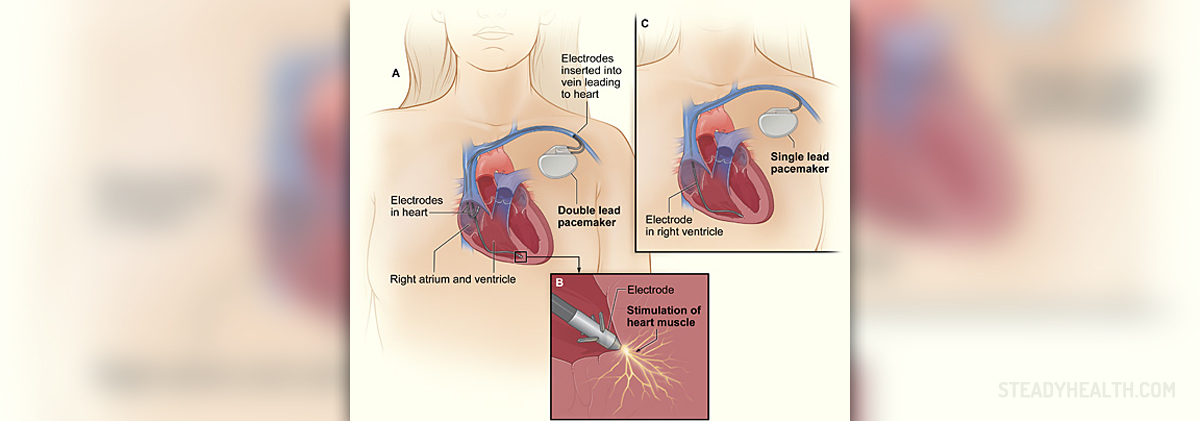
Pacemakers are small medical devices that have to be implanted in the chest, near the heart, in order to control the heartbeat. They function with the help of electrodes that contact the heart muscle thus regulating the beating of the heart. Even though this process of implanting might seem complicated and demanding the truth is that pacemakers usually require minor heart surgery procedures and the modern pacemakers allow the specialists to adjust the settings for each patient individually.
When is a pacemaker necessary?
The reasons why pacemakers may be suggested are related to various heart conditions (such as coronary artery disease, change in the heart muscle, or after a heart attack) which are responsible for either the abnormal heart rhythm, or too slow heartbeat. The heart rate has to be over 120 beats per minute while resting, and as for the heartbeat it has to be lower than 60 beats per minute also while resting. In such situations, the medicines such as antiarrhythmic or anticoagulant medicines are the first suggestions but if they do not give any positive results then the pacemaker is the next step that is suggested to the patient.
Risks and possible complications
It doesn’t matter if the pacemaker is implanted temporarily, or permanently, the risk of possible complications always exists. Surely, the complications are rare because the cardiologists will do everything in their power to predict every single one of them or to reduce their possibility to minimum, but the fact is that sometimes even they are powerless. So what can happen in such situations is either infection of the site in which the pacemaker has been implanted, or swelling, bleeding or bruising of that spot though it is also possible that the blood vessel or nerve which is near the pacemaker might be damaged. On the other side the complication such as lung collapse may occur either during or after the procedure. These complications are a bit more common among the patients which are older than 65. Just like with every other procedure that requires the use of anesthesia, with this one is also possible that the patient will develop allergic reaction to the anesthesia. However, the fact is that according to the statistics, the complications of pacemaker happen in less than 5 % of the cases so the people who are about to undergo this procedure practically have no reason for this additional concern.


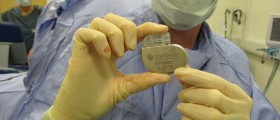
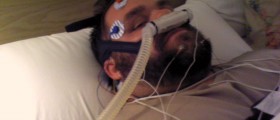
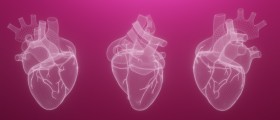


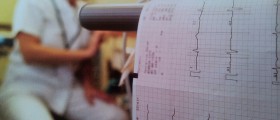
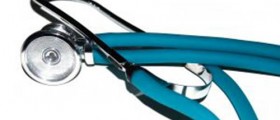






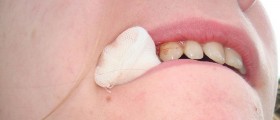
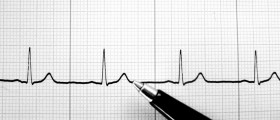
Your thoughts on this
Loading...